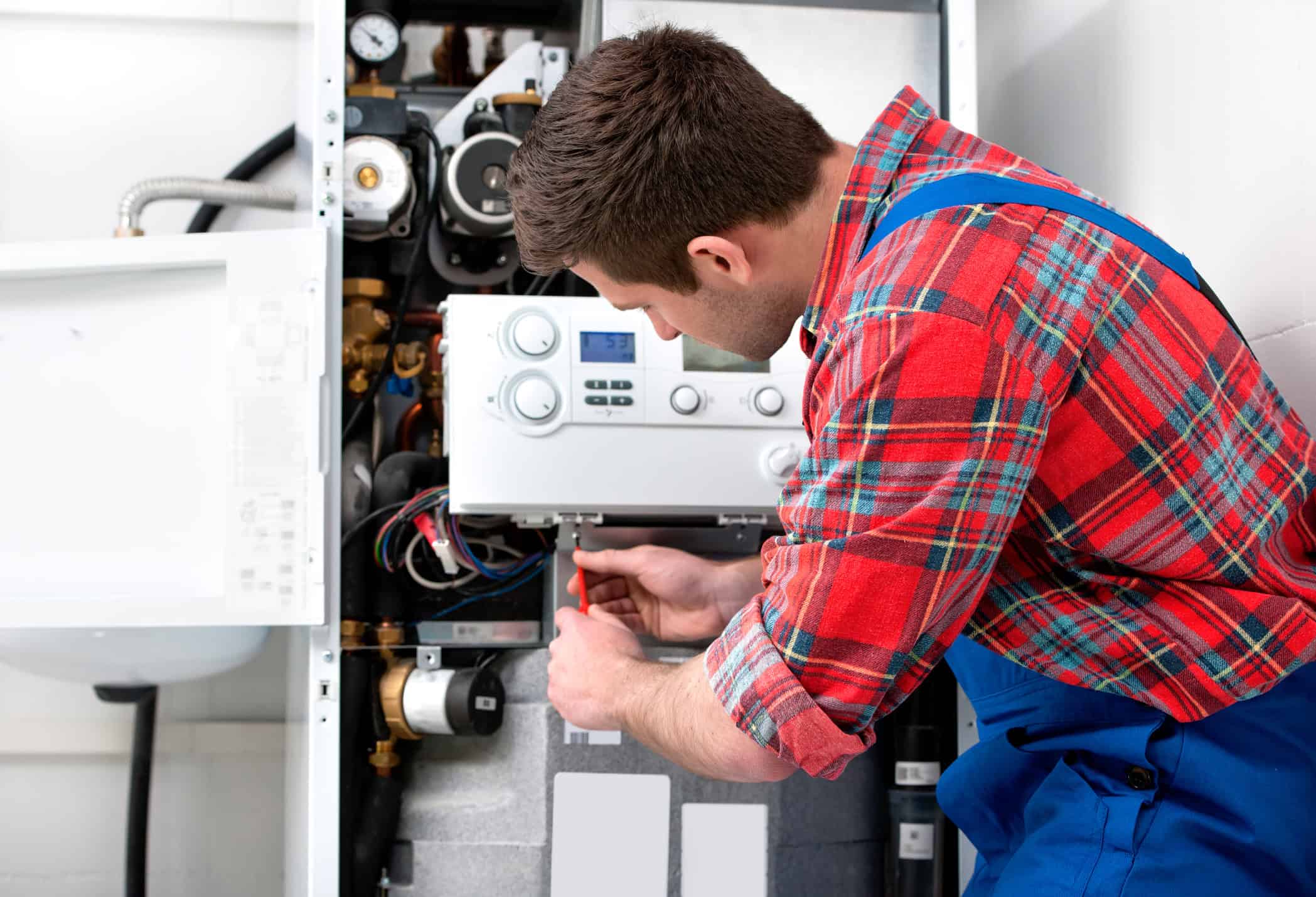Ever wondered what keeps your home snug in the winter and refreshingly cool in the summer? The secret is hidden in three little letters: BTU (British Thermal Units). It’s the global standard for measuring the amount of energy your HVAC (heating, ventilation, and air conditioning) system needs to produce warmth or cold in homes and commercial buildings.
As a homeowner, understanding BTUs is like holding the blueprint for your home’s comfort—knowing the specifications of your unit and living space can help you make the best decisions for your heating and air conditioning needs.
At River Valley, we’re here to ensure that your living space is as energy-efficient as it is comfortable. Stick around, and we’ll show you why BTUs are the building blocks of a cozy home.
Why are BTUs important?
British Thermal Units are the essential units of measure that tell us exactly how much energy is required to heat or cool our spaces. It’s all about finding the right balance. Too few BTUs and your system will struggle, working overtime to keep up, leading to wear and tear or inefficient temperature control.
Conversely, an overpowered system with too many BTUs for your space can cause unnecessary energy consumption and elevated costs. The correct installation of a properly sized HVAC system, tailored to the specific needs of your space, ensures energy efficiency and comfort in any weather.
Understanding the capacity of your unit is critical, especially here in Arizona, where the climate can swing from scorching summers to chillier winters.
At River Valley Air Conditioning, we’re dedicated to helping you find these solutions, ensuring your system works efficiently and effectively and keeping your space just right—every time.
The connection between energy efficiency and BTUs
In the conversation on energy efficiency, your HVAC system’s BTU rating plays a pivotal role. This rating doesn’t just dictate how well a system can heat or cool a room, space, or entire living area; it also directly impacts the cost and electricity usage of your home.
Choosing optimal zoning and sizing according to the BTU capacity and your building’s architecture and design, will ensure you don’t overwork your system. This conserves electricity and keeps your monthly bills low. Who doesn’t want that?
A system with too high a BTU rating for the space it serves can cause short cycling, meaning the unit flips on and off more often than necessary. This wastes energy, can cause excess humidity and wear out your system’s components faster, leading to more frequent repairs.
If your unit doesn’t have enough BTUs for your home, it will have to work harder and longer to achieve desired temperatures, again driving up electricity use and costs.
By considering the unique needs of each room and space within your living area, we at River Valley Air Conditioning help ensure your system is as efficient as possible.
Whether you’re choosing the right equipment for a small single-bedroom apartment or figuring out how to cool the rooms in your dream home project, efficiency means more than just energy savings. It means creating a comfortable, sustainable environment for you and your family, reducing your carbon footprint, and ultimately saving on electricity and costs without sacrificing comfort.
How to choose the right BTU capacity for your home
Every home and business is as unique as its inhabitants, so every building will have slightly different heating and cooling requirements.
Larger homes require a higher number of BTUs to effectively cool and heat each square foot, whereas smaller spaces can achieve the desired comfort with fewer BTUs.
In a desert climate like the Arizona, Nevada and California tri-state area region, the temperatures range from hot to hotter. (Kidding!)
With this in mind, we’d recommend an average of 15 to 20 BTUs per square foot for cooling. Note that this should be increased for spaces like kitchens with higher humidity levels or rooms with direct sunlight.
Winters here are fairly mild, but they can get chilly. We’d recommend a heating power of approximately 35 to 40 BTUs per square foot. Again, this may need to be increased for rooms with many large windows, or old insulation.
Remember, the averages we mentioned serve as a guideline and starting point. Reach out to our experts for a precise assessment tailored to your home’s specifications and conditions.
If you’re looking for a replacement for your current system, give our office a call. Our experts can discuss your specific needs to ensure your home is equipped with the right HVAC system.
Additional factors influencing BTU calculations
Home size is just one of the factors that influence your home’s BTU requirements, which is why we noted that the chart is a starting point. Here are some other factors to consider.
- Insulation: The quality and insulation type will significantly affect heat retention and loss within a building. Better insulation can lower the BTU requirements since it will maintain the indoor temperature more effectively.
- Window Size and Type: Additionally, larger or poorly insulated windows can cause more heat to escape or enter a room, requiring you to adjust the BTU calculations. The direction the windows face is also important. In the United States, south-facing windows get much hotter than others.
- Room Size: As mentioned, larger spaces (considering both floor area and ceiling height) require a higher BTU capacity to cool or heat effectively.
- Climate Zone: Your local climate directly impacts how many BTUs are required for effective temperature control.
Let the experts help you choose the best unit for your home
Choosing the right BTU capacity for your home is a step towards unparalleled comfort and energy efficiency. It’s a fine balance; one that we at River Valley Air Conditioning are well-equipped to help you achieve.
Different systems have different capacities. For example, electric heat pumps aren’t as powerful as gas furnaces and may not produce as much heat per square foot. The pros will help you decide.
Whether it’s for a cozy residential space or a commercial building for your company, our experts have the skills and experience to ensure your HVAC system is perfectly matched to your needs, delivering comfort at an affordable price.
Serving the various regions in the tri-state area, including Bullhead City, Laughlin and Fort Mohave, we’re dedicated to delivering the best solutions tailored for every location. Why go through the hassle and uncertainty of guessing the right capacity?
For more information, contact our office and experience the River Valley difference, where decades of experience meets dedication to our customers. We also specialize in installation and repair – ask about our maintenance program!

